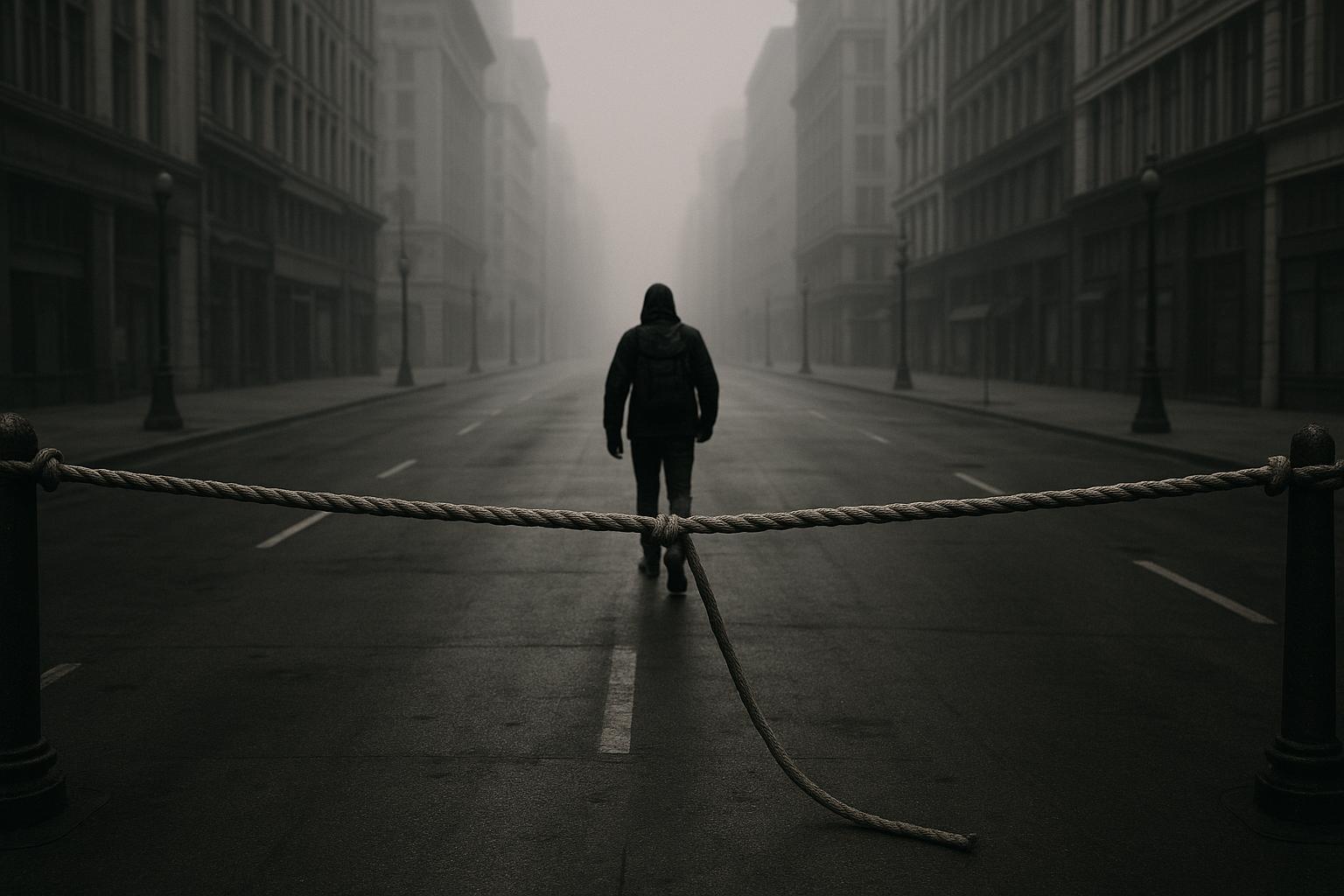The UK Government’s recent announcement to amend Sections 12 and 14 of the Public Order Act 1986 signals a troubling escalation in the state’s efforts to clamp down on dissent—once again prioritising community “stability” over the fundamental rights of peaceful protest. These changes, cloaked in the guise of protecting local communities from disruption, are a clear attempt to weaken civil liberties and give police unchecked powers to quash legitimate demonstrations.
Home Secretary Shabana Mahmood’s assertion that the right to protest must be curtailed to prevent interference with the “safety and wellbeing of communities” reveals the true intent: a government increasingly beholden to corporate interests and elite influences that view dissent as a threat rather than a cornerstone of democracy. The rhetoric about balancing protest rights with community safety dangerously undermines the importance of free expression, especially when these powers are wielded disproportionately—particularly against those mobilising against government policies.
Since 2022, police powers under legislation like the Police, Crime, Sentencing and Courts Act 2022 have been used to impose conditions on hundreds of protests, often targeting environmental activists, anti-austerity groups, and other legitimate dissenters, not just violent or disruptive protestors. The fact that the Metropolitan Police has been responsible for the vast majority of restrictions highlights the bias in enforcement and the increasing criminalization of peaceful activism. Arrests and penalties serve as a chilling message: dissent will be met with heavy-handed repression.
The new legislation's broadened scope—redefining ‘serious disruption’ and expanding ‘community’ to include anyone affected—further blurs the line between ordinary citizens and protestors, paving the way for even stricter restrictions. It effectively shifts the goalposts, allowing authorities to justify limiting protests based on perceived “cumulative” impacts, regardless of their peaceful intent. This opens the door for widespread suppression, all under the guise of protecting communities.
Legal guidance confirms that organisers and participants can now face prosecution, fines, or imprisonment for failing to adhere to conditions imposed by police, which can include restrictions on location, timing, number of participants, or routes. This effectively silences those exercising their democratic rights and makes legal protest increasingly difficult, fostering an environment of fear and censorship.
What we are witnessing is a government desperate to silence dissent and maintain control amid growing public unease with its policies—particularly in light of recent political upheaval. The election results, with opposition parties gaining a voice, highlight that the government’s approach to protest is increasingly out of touch. Rather than embracing genuine debate or addressing societal grievances, it seeks to tighten the screws—favoring a climate of suppression over democratic engagement.
As foundations of free speech are eroded, the real casualties are the voices of ordinary citizens and activists standing up against injustice. This legislation isn’t about safeguarding communities; it’s about silencing opposition and consolidating power. The attempt to frame peaceful protest as a threat is a dangerous step toward authoritarianism, and we must resist these encroachments on our liberties before they become irreversible.
Source: Noah Wire Services
